The Normal birth research conference is an annual, international event that takes place to focus on less complicated aspects of pregnancy and birth. This year it took place in the beautiful surroundings of Grange-over-sands overlooking Morecambe bay and on the edge of the Lake District. On this occasion there were delegates from over 20 countries including Canada, USA, New Zealand, Australia, Brazil, Poland, Spain, the Netherlands, Sweden, Norway and India! The attendees included midwives, obstetricians, birth supporters, architects, artists, geographers and educators as well as representatives of the World Health organisation, charities and Baroness Cumberlege from the UK House of Lords.
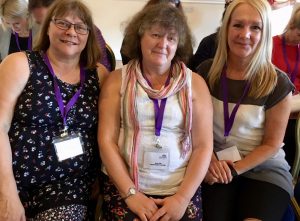
Sara Stride, Jenny Hall, and Jane Fry at the conference
Research at Bournemouth University was well represented from CMMPH, CQR and CEL. Midwifery lecturer, Sara stride, on behalf of the research team of Professor Vanora Hundley and Dr Sue Way, presented a poster of their work, ‘a qualitative study to explore UK midwives’ individual practice, beliefs and attitudes regarding perineal care at the time of birth’. Dr Jane Fry, also from the midwifery team, presented a research topic on her Doctoral work, ‘ A descriptive phenomenological study of independent midwives’ use of intuition as an authoritative form of knowledge during women’s labours and births’. She also facilitated a workshop titled ‘ Finding your own intuition: a workshop designed to explore practitioners’ ways of knowing during childbirth’ .
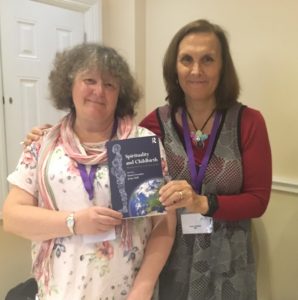
Jenny Hall with Professor Susan Crowther at the book launch [(c) Sheena Byrom]
The impression taken away was the passion and importance of more evidence required around more ‘normal’ aspects of pregnancy and birth, especially in countries with less resources. There is considerable humanising of care being carried out internationally, and is a key focus at the World health organisation. A focus for the UK midwifery is current maternity services transformation, yet much of the global focus is on the importance of transformation in line with the recent Lancet series on maternity, and international collaboration to achieve the goals for Sustainable development. As a force, the team behind normal birth research serve this area powerfully, in informing care for women, babies and families across the global arena. The final rousing talk by Australian professor Hannah Dahlen, to the current backlash to ‘normal birth’ in the media was inspiring and is an editorial in the international journal Women and Birth. Next year the conference is in Michigan, USA!
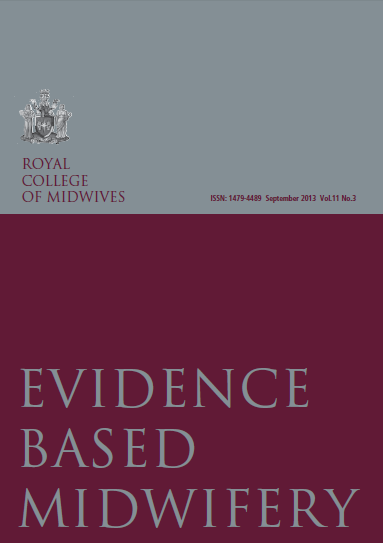
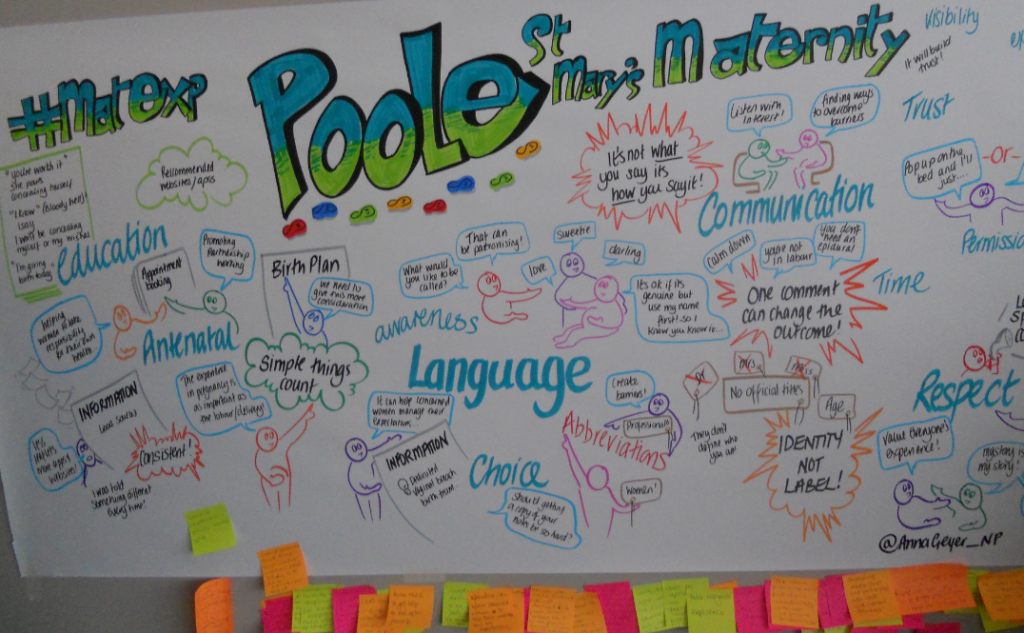
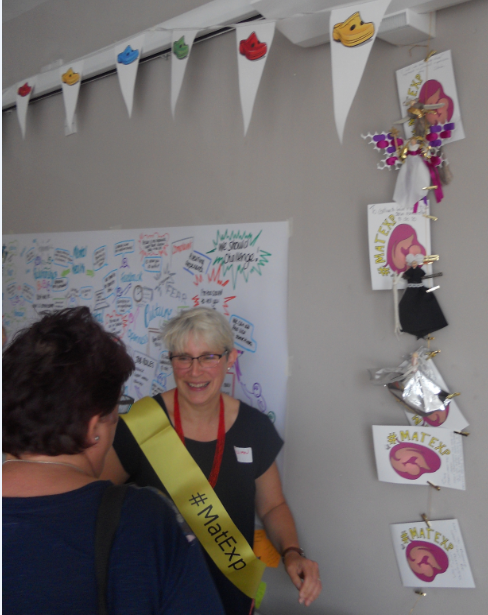



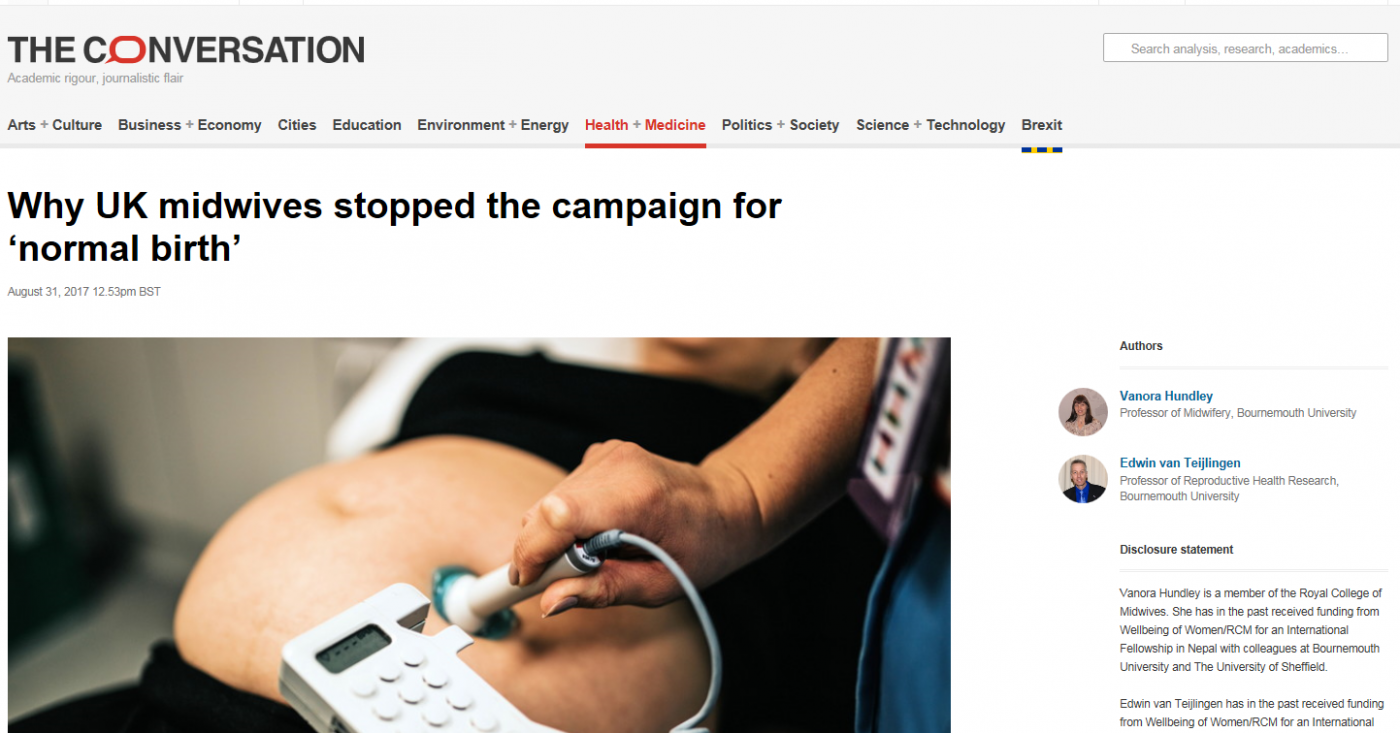
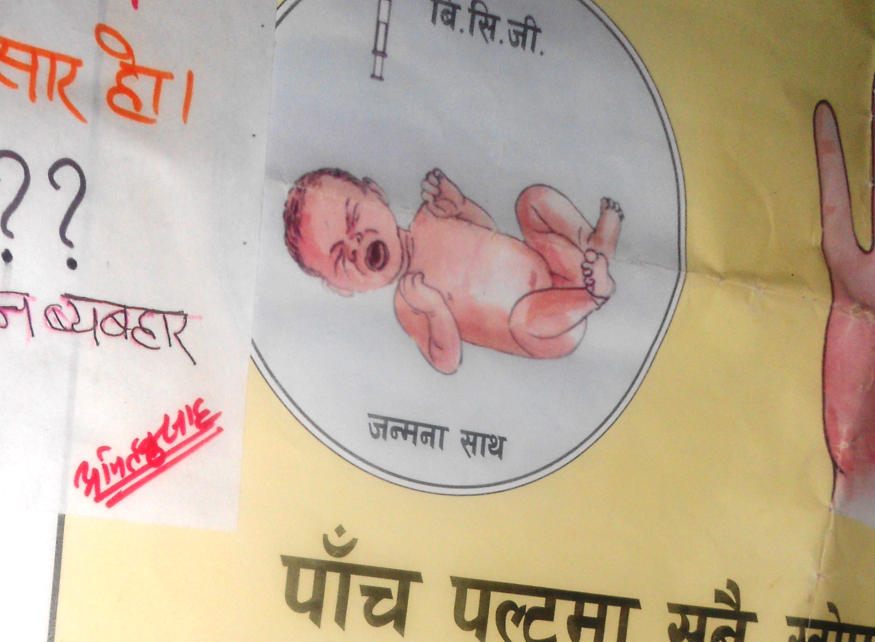


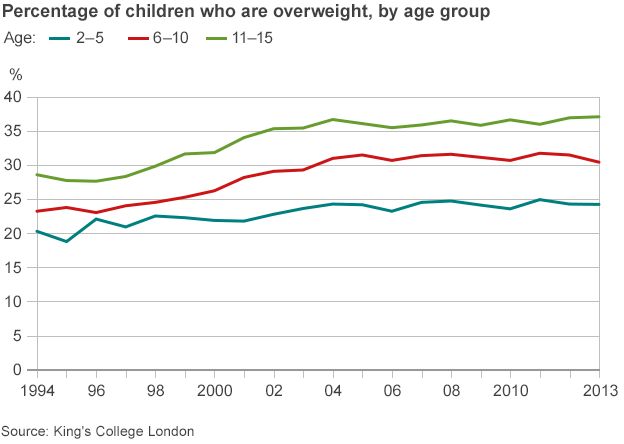
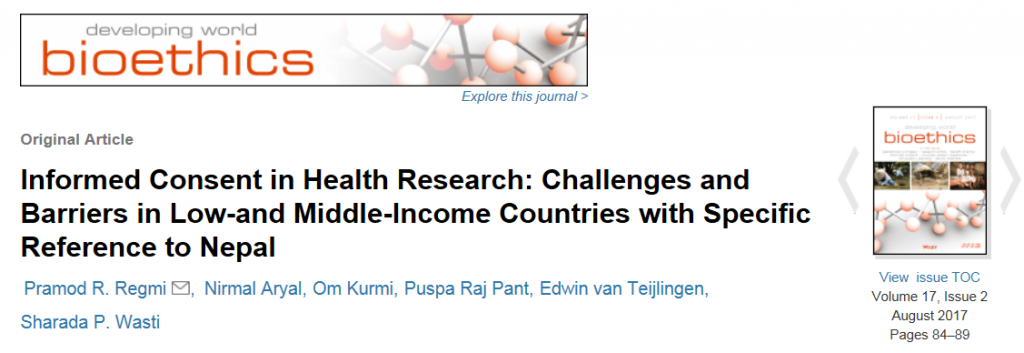

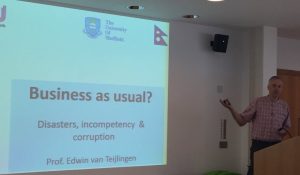


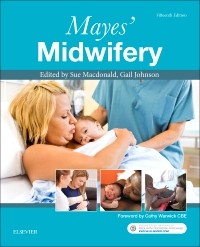
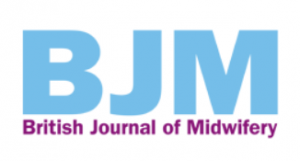
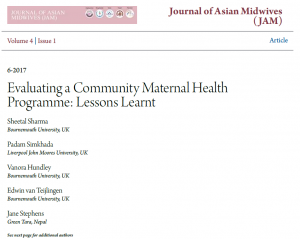

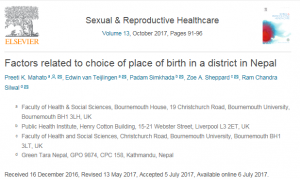
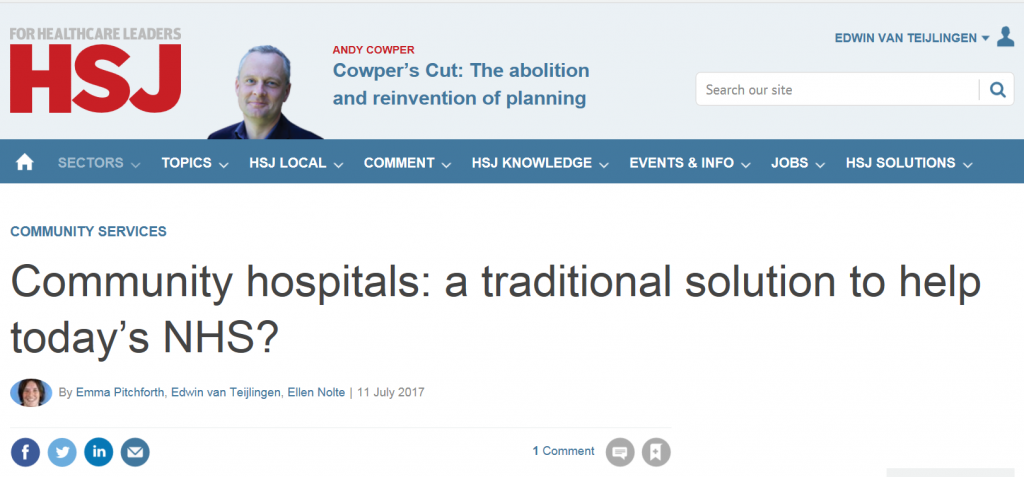
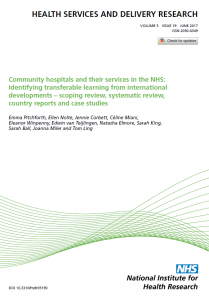
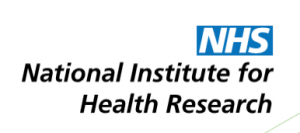
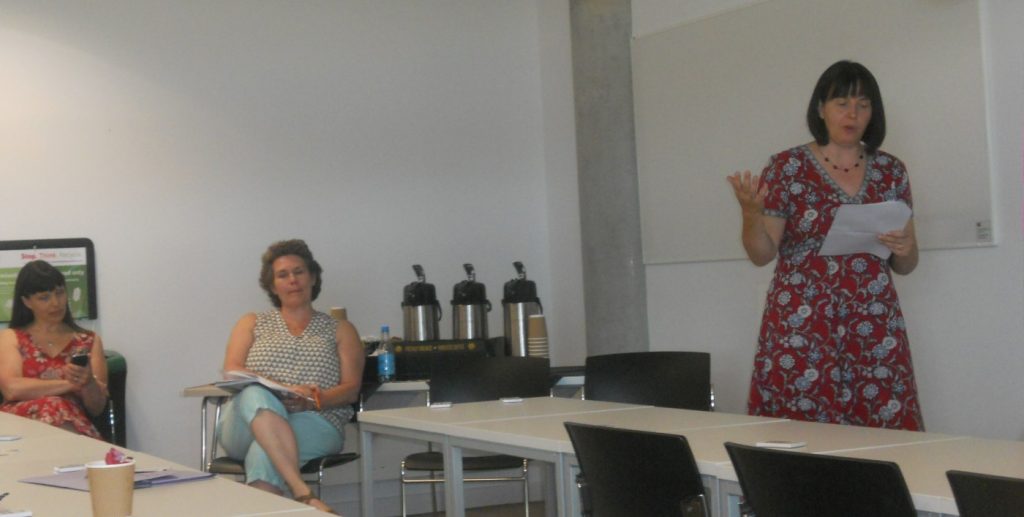

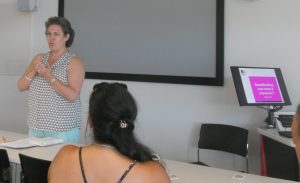


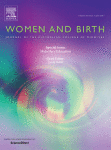
 I had the pleasure of spending the last three weeks in the Department of Life Sciences (University of Roehampton), working with Dr Giulia Corona and Dr Volker Behrends. We successfully validated an ultra-high performance liquid chromatography coupled with triple quadrupole mass spectrometry (UPLC-MS/MS) method to analyse lipid peroxidation products (breakdown products of fats) in human urine samples.
I had the pleasure of spending the last three weeks in the Department of Life Sciences (University of Roehampton), working with Dr Giulia Corona and Dr Volker Behrends. We successfully validated an ultra-high performance liquid chromatography coupled with triple quadrupole mass spectrometry (UPLC-MS/MS) method to analyse lipid peroxidation products (breakdown products of fats) in human urine samples. hod had to be tested and validated, using adult urine samples.
hod had to be tested and validated, using adult urine samples. provided the standards used in this analysis. I am grateful that I had this opportunity to further develop my research skills and to learn a new state-of-the-art technique and would like to thank all involved for making this possible!
provided the standards used in this analysis. I am grateful that I had this opportunity to further develop my research skills and to learn a new state-of-the-art technique and would like to thank all involved for making this possible!










 Beyond Academia: Exploring Career Options for Early Career Researchers – Online Workshop
Beyond Academia: Exploring Career Options for Early Career Researchers – Online Workshop UKCGE Recognised Research Supervision Programme: Deadline Approaching
UKCGE Recognised Research Supervision Programme: Deadline Approaching SPROUT: From Sustainable Research to Sustainable Research Lives
SPROUT: From Sustainable Research to Sustainable Research Lives BRIAN upgrade and new look
BRIAN upgrade and new look Seeing the fruits of your labour in Bangladesh
Seeing the fruits of your labour in Bangladesh ECR Funding Open Call: Research Culture & Community Grant – Apply now
ECR Funding Open Call: Research Culture & Community Grant – Apply now ECR Funding Open Call: Research Culture & Community Grant – Application Deadline Friday 12 December
ECR Funding Open Call: Research Culture & Community Grant – Application Deadline Friday 12 December MSCA Postdoctoral Fellowships 2025 Call
MSCA Postdoctoral Fellowships 2025 Call ERC Advanced Grant 2025 Webinar
ERC Advanced Grant 2025 Webinar Update on UKRO services
Update on UKRO services European research project exploring use of ‘virtual twins’ to better manage metabolic associated fatty liver disease
European research project exploring use of ‘virtual twins’ to better manage metabolic associated fatty liver disease